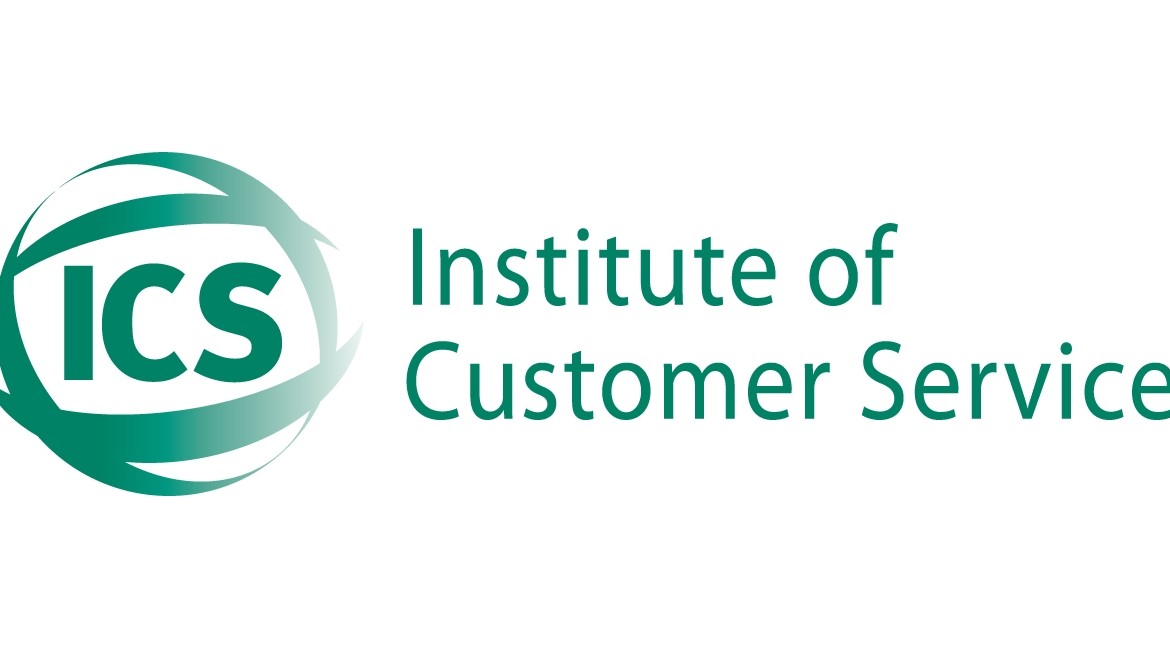Compliance software investments ‘a priority’ for contact centres
https://contactcentresummit.co.uk/wp-content/uploads/2019/06/Compliance_960.jpg 960 640 Stuart O'Brien Stuart O'Brien https://secure.gravatar.com/avatar/9defd7b64b55280442ad2d7fb546a9db?s=96&d=mm&r=g91 per cent of contact centre IT staff consider compliance software investments a priority.
The research commissioned by enterprise software solutions company, NICE, also found that 97 percent of IT and compliance professionals were concerned about the ability of their organisation to meet today’s compliance requirements.
These concerns ranged from the introduction of new regulations and growing threat of cyber-attacks to the increasing complexity of internal systems.
When asked to identify the most important factor for improving contact centre compliance, 88 percent of respondents highlighted a need to improve proactivity and speed through better mechanisms to detect violations (26 percent), better error prevention (23 percent), improved visibility across different tools/systems (21 percent) and quicker violation resolution (18 percent).
The survey also found that a quarter of the Contact Center IT staff’s time is being invested in compliance-related activities
A key conclusion identified by the research was that dedicated compliance solutions comprising analytics and automation will help contact centres optimise resources while empowering employees to ensure compliance and building trust among customers.
“Contact centres must protect the interests of their customers when it comes to their personal data,” said Barry Cooper, President of the Enterprise Group for NICE.
“Ensuring compliance requires contact centres to navigate a maze of regulations, standards and best practices, which are becoming increasingly resource draining for IT and compliance professionals. Businesses must leverage analytics, AI and automation to adopt a proactive approach, uphold the trust of their customers and simplify their employees’ day to day tasks.”
Image by bhupendra Singh from Pixabay










